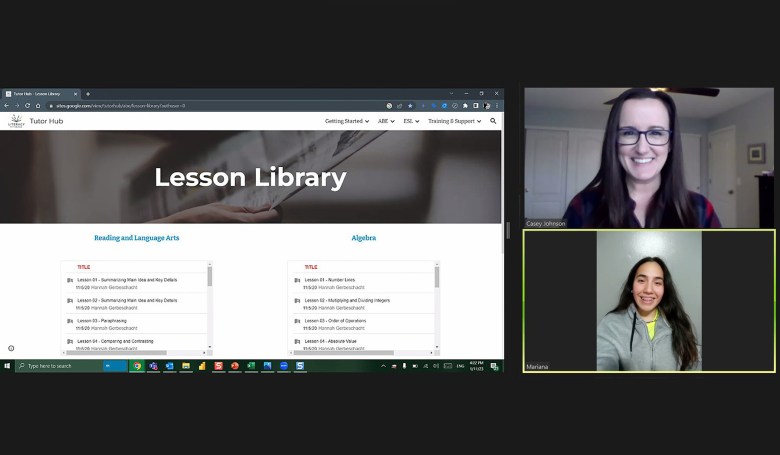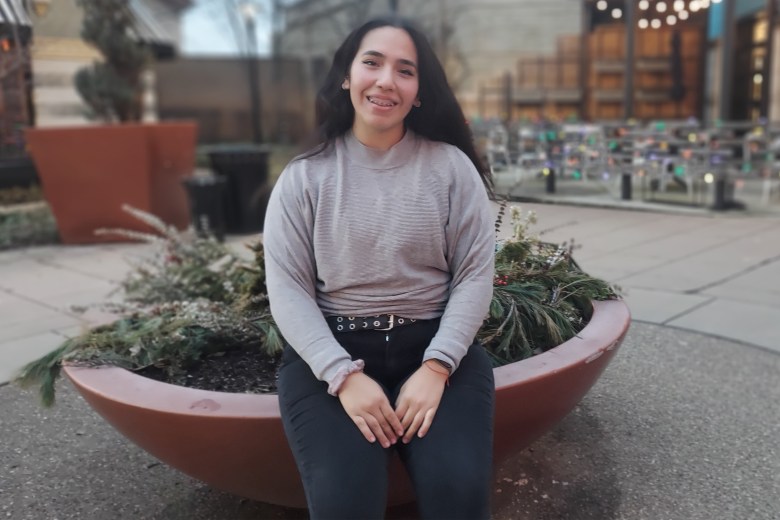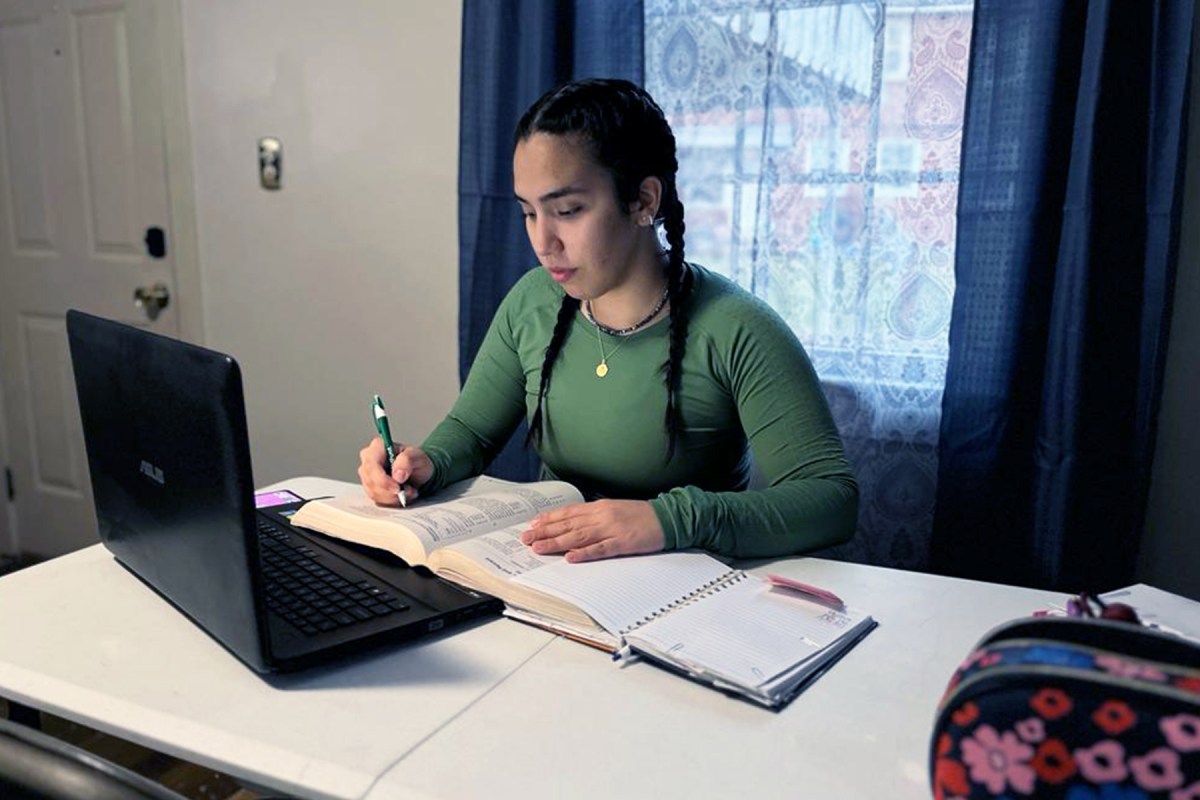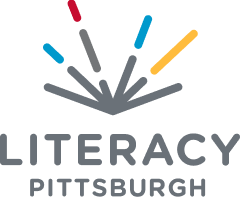Nineteen-year-old Mariana Velasquez Troncoso dreamed of becoming a nurse since she was a child and witnessed her younger brother endure a health scare.
“In that moment, I didn’t know how to react,” she said. “That motivated me to decide what career I wanted to follow.”
Even with this determination, her dream seemed impossible until November 2021 when she moved to the United States from Spain with her parents and siblings.
“I know it sounds crazy that a whole family moved to a new country and didn’t know the language,” Velasquez Troncoso said. “It was a family decision because we wanted more opportunities to build a good life and to offer my two little siblings better chances.”
In Allegheny County, roughly 119,648 people — or 13% of working-age adults — don’t speak English well or at all, according to the Program for the International Assessment of Adult Competencies.
For Velasquez Troncoso, learning English was a crucial first step to achieving her dream. She picked it up quickly by listening to music and watching TV shows in English. But even as she grasped the language, she met another obstacle. Her education in Spain was considered insufficient to enter postsecondary education.
In February 2022, Velasquez Troncoso enrolled at Literacy Pittsburgh to prepare for the four exams required to earn a GED diploma. She was matched with volunteer tutor Casey Johnson. The pair meet twice weekly to work on the skills and knowledge Velasquez Troncoso needs to earn a high school credential accepted by U.S. colleges.

“Mariana is always ready to crush the lesson, try something new and go as far as I can take her,” Johnson said. “Her commitment and drive inspire me to be the best tutor I can be so that she can reach her full potential as quickly as possible.”
Velasquez Troncoso passed her first exam – science – in December.
“Passing my first test was a boost of confidence,” Velasquez Troncoso said.
She and Johnson are now preparing for the social studies exam, which will be followed by math and reasoning through language arts.
“Mariana is moving toward her goal really effectively in spite of the fact that she is taking the test in English, which is not her first language,” said North Hills Program Coordinator Katy Critchfield, who supports tutors and students in that geographic area.
For Velasquez Troncoso, learning is a family affair. Her brother Angelo is also studying for a GED diploma, and her parents are enrolled in English language learning through the agency’s classroom program.
At Literacy Pittsburgh, about one-third of students are taught by volunteer tutors like Johnson. Tutors do not need to speak another language or have past teaching experience, though they are required to be 18 or older and possess at least a GED diploma. Tutors should commit to meeting with their students twice a week for two hours each time for at least six months.
Johnson, who works as a digital marketer, had been looking for a way to spend her free time in a meaningful way. She said she knew she was in the right place once she learned about the important role she could play for a student invested in creating a successful life for themselves.
“Casey is a lovely person, and she helped me a lot,” Velasquez Troncoso said. “She’s very supportive, and I feel that I can count on her.”

The first step to become a volunteer tutor at Literacy Pittsburgh is to watch a 15-minute video available on the agency’s website. Potential volunteers can then register online for a training that introduces concepts of teaching adult learners. This workshop is offered twice monthly – once on Zoom and once in person.
After completing this workshop, tutors choose to teach an English language learner or to help someone improve their reading, writing and math skills. A second training focused on the specific techniques and resources needed for their area of interest is required. Once training is completed, tutors are assigned to a program coordinator who supports students and tutors in a geographic area.
Across the agency, 400 students are waiting for a tutor or a seat in a classroom. Once a match is made, the program coordinator ensures that tutors understand their student’s goals and provides lesson plans, textbooks and more. Tutors and students meet in a public place at a time convenient for both. Some meet virtually.
“Regardless of what I need to do to be the right tutor for my student, Literacy Pittsburgh has all the resources and knowledge to support both of us,” Johnson said.
Tutors and students often learn from each other. One of Johnson’s favorite sessions was a reading lesson focused on U.S. civil rights history. After expanding on the history outlined in the textbook, the pair discussed how history has informed our present, what’s been done well and how much work there still is to do.
“We talked about our own observations and imagined how we would’ve felt and reacted to various events in the late 19th to mid-20th century,” Johnson said. “We laughed and cried together… We had already gotten along very well, but that lesson strengthened our bond.”
Johnson encourages anyone thinking of becoming a tutor to take the leap:
“Tutoring has added so much fulfillment to my life. I get to play a supporting role in another human’s success.”







